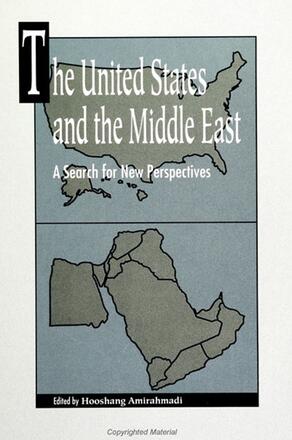
The United States and the Middle East
A Search for New Perspectives
Alternative formats available from:
Description
This book advances a critical analysis of U. S. Middle East policy and offers alternative perspectives. It highlights areas of policy shortcomings in the wake of ongoing global and domestic changes and draws attention to the need for a new and more plausible U. S. policy.
The United States and the Middle East evaluates the roots and consequences of post-World War II diplomatic and military initiatives, including the Arab-Israeli conflict, the Palestinian question, United States relations with Iran following the Iranian revolution, Irangate, the reflagging of Kuwaiti tankers, and the war led by the United States against Iraq. The important roles of U. S. media and Middle East studies and education in influencing U. S. foreign policy are also emphasized. A concluding chapter focuses on the ongoing global restructuring and the U. S. quest for world leadership in the wake of the Persian Gulf War.
Hooshang Amirahmadi is an Associate Professor in the Department of Urban Planning and Policy Development and Director of Middle Eastern Studies at Rutgers University. He is the author of Revolution and Economic Transition: The Iranian Experience, published by SUNY Press, and is co-editor of Post-Revolutionary Iran.
Reviews
"This book candidly and convincingly explains why the United States, despite its superpower status, continues to stumble and flail from crisis to crisis in the Middle East, an international heartland acutely resistant to American understanding and political engineering. " — James A. Bill, Reves Center for International Studies, The College of William and Mary